Taiwanese Vice President Lai Ching-te returned home Friday after an almost weeklong — and politically sensitive — trip to Paraguay and the United States that experts view as a foreign policy success for the self-ruled island.
Although Lai’s political rivals criticized the low profile of his stopovers in New York and San Francisco, experts say the trip achieved its main goals: boosting the presidential candidate’s visibility at home and abroad while avoiding situations that could give Beijing an excuse to overreact.
While in the United States, the 63-year-old chairman of Taiwan’s ruling Democratic Progressive Party gave speeches to the Taiwanese community and met officials from the American Institute in Taiwan, Washington’s de facto embassy in Taipei.




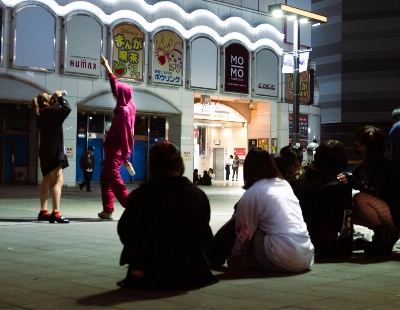
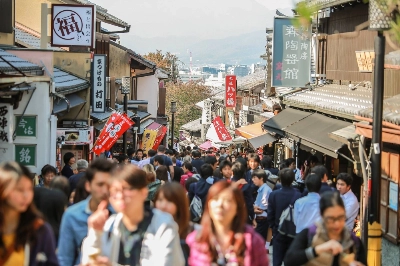
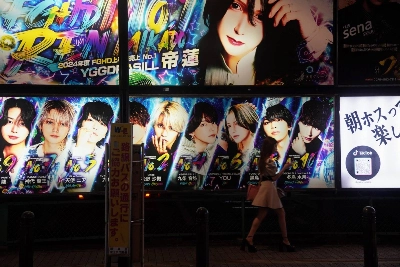
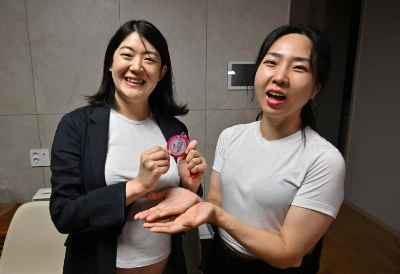
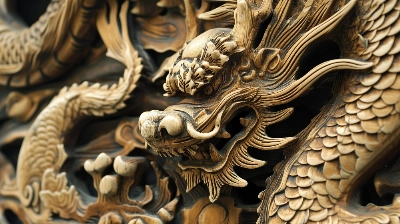










With your current subscription plan you can comment on stories. However, before writing your first comment, please create a display name in the Profile section of your subscriber account page.